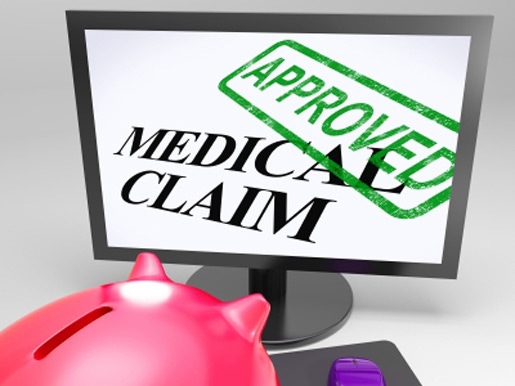Making Claims Data More Useful to Device Companies
Claims-based data can help improve patient outcomes and reduce future healthcare costs. Here's how medical device companies say they want to see claims data improved in order to be used more effectively.
December 14, 2015

Claims-based data can help improve patient outcomes and reduce future healthcare costs. Here's how medical device companies say they want to see claims data improved in order to be used more effectively.
Marie Thibault
Medical device companies routinely buy access to medical claims-based data in order to understand more about patient populations, specific diseases, and treatment costs. This is essential in today's environment of engaged patients and can help improve patient experience and patient outcomes, as well as reduce costs.
Yet companies are pointing out that there's plenty of room for improvement in how they use and access this claims data. Speaking at last month's MD&M Minneapolis conference, Tina Wallman, entrepreneur in residence for Optum, the health services arm of UnitedHealth Group, discussed the Pursue.io research initiative. Through her work on Pursue.io, Wallman gained more insight into how medical device companies use claims data, including "what's working well and what's not."
She spoke to over 60 different medical device companies of all sizes about their use of claims data and gathered four major takeaways. Medical device companies say they want more recent data, want more relevant data faster, want to customize how they buy that data, and want more medical costs information included in claims data.
[Learn more about using claims data effectively in a session called "Leveraging Value-Based Strategies and Maximizing Data Credibility" at the MD&M West Conference, February 9-11, 2016.]
Wallman says that companies pointed to these four issues as ways to improve the claims data they purchase:
A need for more recent data: Wallman says, "Today, data that you're buying is old. It's generally two to five years, if not older. Trying to gather insights from that potentially is risky. How and what opportunities are there for you to get access to data that's more recent?"
A need to get relevant data faster: Companies repeatedly asked Wallman, "How do I get data that's more relevant? Is it possible to get data within 30 days versus waiting two-plus years to have access to the information?"
A better way to buy data: Companies told Wallman that they feel limited by today's approaches to buying claims data, which usually entails an annual subscription model and access to an entire database. Instead, she says, companies want "a pay-per-drink model." They only want to pay for information that will be useful to them, she points out. "If I'm looking for three or four diagnosis codes and I want information on that, or I have one procedure I'm really interested in . . . how can I buy just that data?"
A need for medical costs information within claims data: Wallman says that in order for professionals to craft business justifications for expansions and new investments, they need to have more knowledge of costs and payments. She points out that companies are looking for information such as, "How do we better understand what the annual costs for a patient is with a specific chronic condition . . . what's that episodic cost look like? What's the average payment . . . what is being paid by the payer?"
Giving this honest feedback may soon pay off for medical device companies. According to Wallman, starting in the first quarter of 2016, Optum's claims-based products will include episodic costs and costs per patient, instead of just average payments. This is an effort, she says, "to expose some of that medical costs data, to make it more relevant for folks . . . [to] really understand what are the costs of different conditions and what are we paying, to then help incite more insights into what new devices need to be created and what's the cost going to be for that."
More transparency that could lead to more informed device makers and better patient outcomes for lower costs? That'll be a win-win-win for companies, patients, and payers.
Register for the MD&M West Conference, February 9-11, 2016. |
Marie Thibault is the associate editor at MD+DI. Reach her at [email protected] and on Twitter @medtechmarie.
[Image courtesy of STUART MILES/FREEDIGITALPHOTOS.NET]
About the Author(s)
You May Also Like


